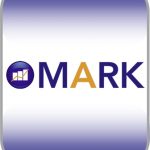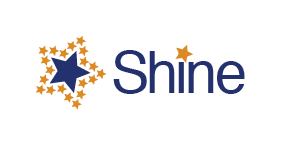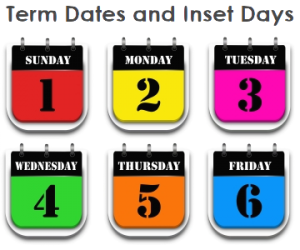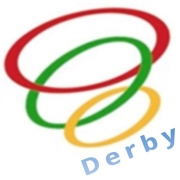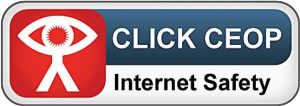Assessment
The previous system of levels have been removed and since September 2014 school shave developed new systems of assessments to run alongside the new expectations in each subject.
Assessment is a vital part of teaching and learning and as such helps teachers in planning work, identifying misconceptions and gaps in their learning and helping children to make progress.Assessment of pupil progress in each subject aims to assist pupils in understanding their own progress, as well as informing the school’s monitoring of progression and attainment. Therefore, children assess their work and understanding in accordance with the school’s marking policy using the success criteria every lesson.Teachers should ensure that children strive to achieve the success criteria each lesson. Teachers ensure that all learning is marked and teacher assessed every lesson in accordance with the school’s marking policy.
Assessment is an on-going process throughout the child’s school journey. Teachers use both formal and informal opportunities to assess children’s progress and achievements. Assessment can be on a day-to-day basis, which informs teaching and learning. This may be carried out through questioning, observing and marking, which is on-going. It is used on a daily basis to inform the planning for the week.



